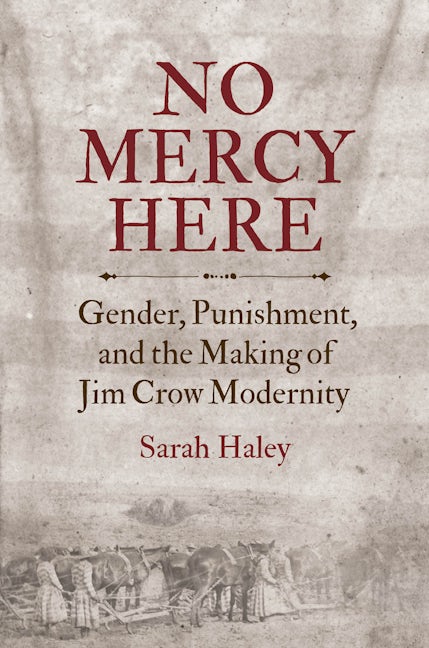The Practice of Patriarchy: Gender and the Politics of Household

By A Mystery Man Writer
The Practice of Patriarchy examines the lives of notaries and their families in the French city of Nantes during the sixteenth and seventeenth centuries. Making creative use of judicial and notarial records, Julie Hardwick brings to life a little-known aspect of early modern culture: the daily experience of middling urban families—from work to family to neighborhood to involvement in local politics. Hardwick explores the unique position of notaries as recorders and orderers of the hierarchies of daily life. Notaries functioned as a nexus where the political, legal, social, and economic met. They mediated between state and subject, between literate and oral cultures, between borrowers and lenders, and between men and women. For middling urban families such as these, gender and household relations were at the heart of their own personal lives as well as their public actions. From the work of notaries, to household and kin relations, to local networks of credit and sociability, to public life and political culture, Hardwick delineates the complex hierarchies through which men and women defined their roles, their families, and their communities. The Practice of Patriarchy is ideal for courses in women’s history and early modern European history.

No Mercy Here, Sarah Haley

Scholar: Julie Hardwick - Women Also Know History

The Personal Is Commercial: Women and Family in the Race to Make Calicoes

Gender Roles in Society, Definition & Examples - Lesson

patriarchy & overpopulation

Author: 0

Gender and Structural Inequalities from a Socio-Legal Perspective

3 Things I Got Wrong About Patriarchy

Full article: Female crime and household control in early modern Frankfurt am Main
- The Monthly interviews visiting French singer songwriter Julie

- Julie Gayet pour Disparition inquiétante sur France 2 - France Bleu

- Audiences : Carton pour le téléfilm de France 3 avec Julie Gayet

- Dozens People Gathered This Sunday Place Editorial Stock Photo

- If you lose like this then you can only be proud:' Julie Van de Velde's near miss - Velo

- Top academia fitness com bojo alça reta Branco - Soraya Manfrinato

- Chevrolet Onix Joy 2020 ganha visual que o Onix abandonará - Revista iCarros
- Heart Pattern Mesh Lingerie Set Ruffle Push Bra Bow Tie - Temu

- Cute couple hugging and smiling in their new home. Moving to new apparment. Stock Photo

- Bali Live It Up Underwire Bra Seamless Comfortable Cushion Straps

